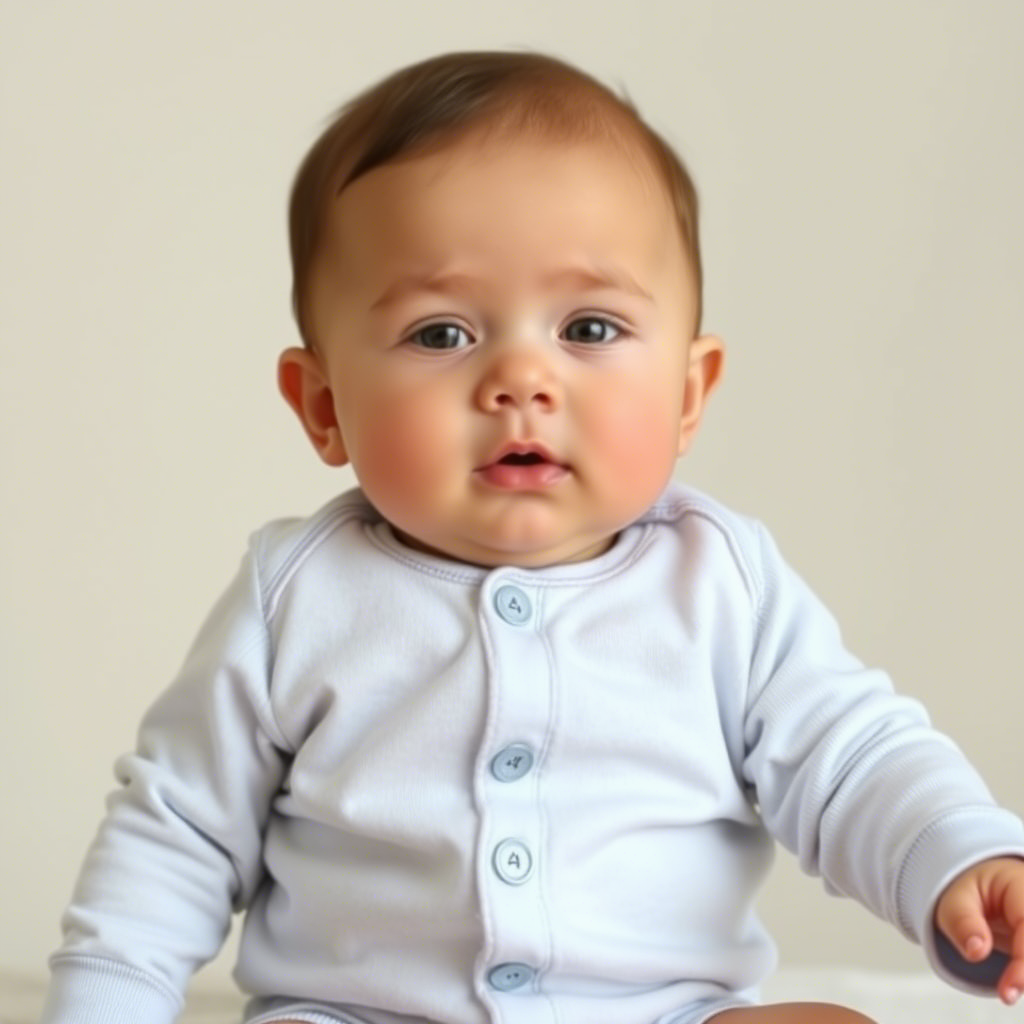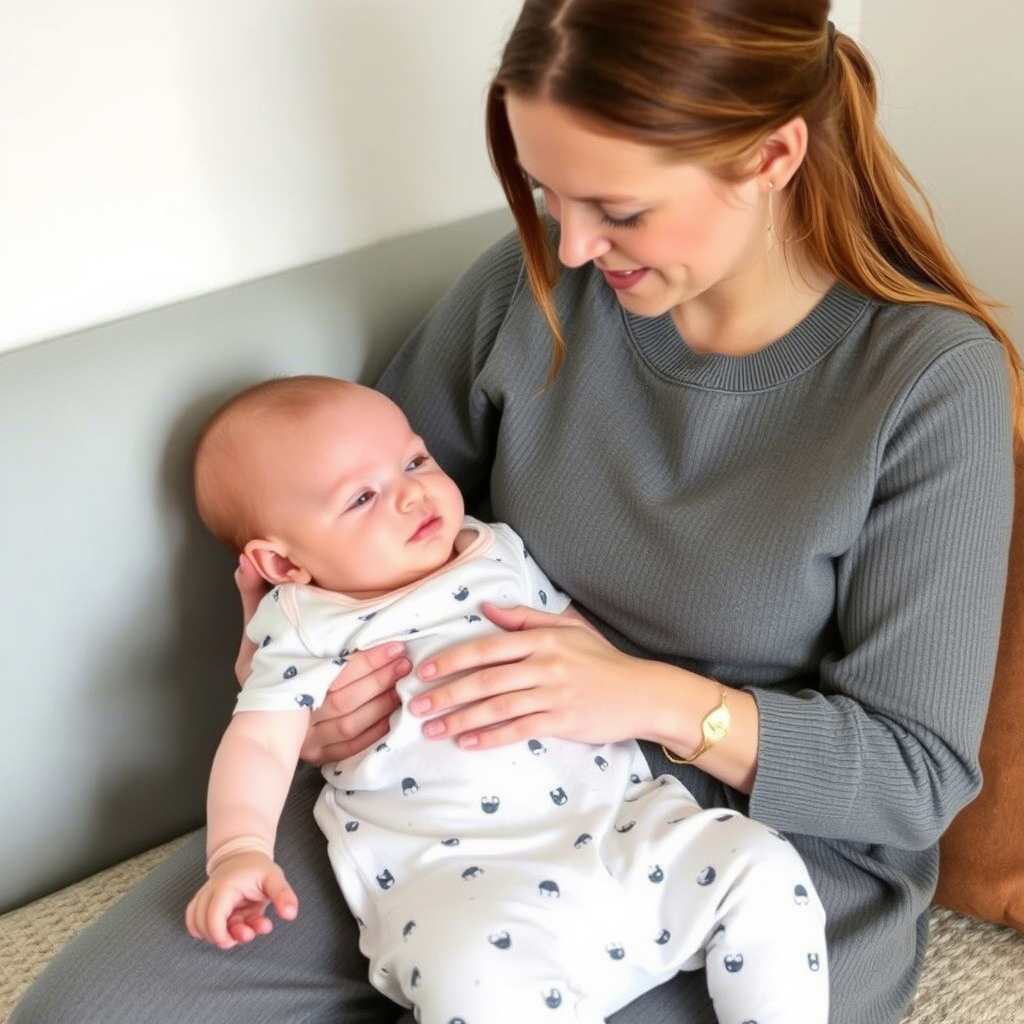Choosing Baby Clothes For Different Skin Types: Sensitive, Dry, And More
Choosing the right clothes for your baby can be a daunting task, especially when considering their skin type. Babies have delicate skin that requires extra care, and the wrong clothing can lead to irritation, allergic reactions, and discomfort. With the increasing awareness of baby skin care, parents are now more conscious than ever about selecting clothes that cater to their baby’s specific skin needs. In this article, we will explore the different skin types in babies, the importance of choosing the right clothes, and provide practical advice on selecting baby clothes for sensitive, dry, and other skin types.
Understanding Baby Skin Types
Baby skin is generally more sensitive than adult skin, and it can be categorized into different types, including normal, sensitive, dry, and eczema-prone. Understanding your baby’s skin type is crucial in choosing the right clothes.
- Normal skin is balanced and not too oily or dry.
- Sensitive skin reacts easily to irritants, such as certain fabrics or dyes.
- Dry skin lacks moisture and can become flaky or itchy.
- Eczema-prone skin is characterized by inflamed, itchy, and dry patches.
Choosing Clothes for Sensitive Skin
For babies with sensitive skin, it’s essential to opt for clothes that are gentle and hypoallergenic.

- Look for clothes made from natural fibers like cotton, bamboo, or silk, which are breathable and less likely to irritate the skin.
- Avoid synthetic fibers like polyester or nylon, which can cause friction and allergic reactions.
- Opt for clothes with minimal processing, dyeing, or printing, as these processes can introduce harsh chemicals that may irritate sensitive skin.
Dressing Babies with Dry Skin
Babies with dry skin require clothes that help retain moisture and reduce irritation.

- Choose clothes made from soft, breathable fabrics that allow for airflow and won’t dry out the skin further.
- Consider using a humidifier in your baby’s room to maintain a comfortable humidity level, which can help prevent dry skin.
- For added warmth without irritation, consider our boys’ coats, designed with comfort and skin sensitivity in mind.
Considerations for Eczema-Prone Skin
Eczema-prone skin requires extra care to prevent flare-ups and irritation.

- Opt for hypoallergenic fabrics and avoid clothes with harsh dyes or chemicals.
- Dress your baby in layers to maintain a comfortable temperature and prevent overheating, which can exacerbate eczema.
- For more information on managing eczema and finding suitable clothing, you can explore resources like the National Eczema Association.
General Tips for Choosing Baby Clothes
Regardless of your baby’s skin type, there are some general guidelines to follow when choosing baby clothes.
- Always check the fabric content and look for certifications like Oeko-Tex, which ensures the clothes meet certain safety standards.
- Wash new clothes before wearing them to remove any residual chemicals or dyes.
- Consider the season and your baby’s activities when choosing clothes, opting for lightweight, breathable fabrics for warmer weather and layering for colder months.
Practical Advice for Parents
To make informed decisions, parents should be aware of the latest research and recommendations on baby skin care. Studies have shown that the right clothing can play a significant role in preventing skin irritation and promoting overall skin health.
Conclusion
Choosing the right clothes for your baby is not just about style; it’s about ensuring their comfort and skin health. By understanding your baby’s skin type and selecting clothes that cater to their specific needs, you can help prevent irritation and promote healthy skin development. Whether your baby has sensitive, dry, or eczema-prone skin, there are plenty of options available to keep them comfortable and happy. For a wide range of baby clothes suitable for different skin types, you can visit Lezon Kids, which offers a variety of gentle and comfortable clothing options.

Comments